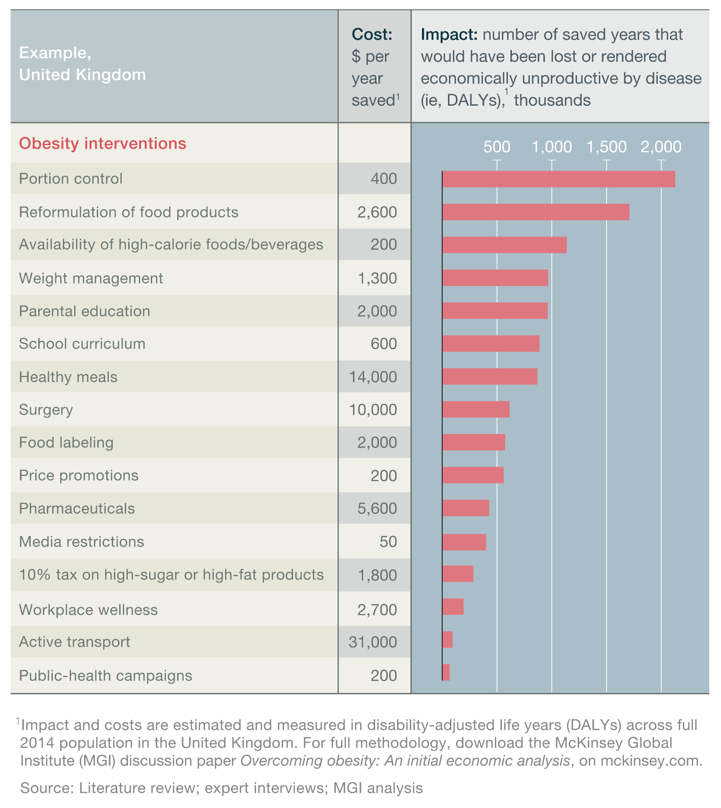Align the school curriculum with obesity, nutrition and activity goals
The Cochrane Review [4] concluded:
We found strong evidence to support beneficial effects of child obesity prevention programmes on BMI, particularly for programmes targeted to children aged six to 12 years. However, given the unexplained heterogeneity and the likelihood of small study bias, these findings must be interpreted cautiously. A broad range of programme components were used in these studies and whilst it is not possible to distinguish which of these components contributed most to the beneficial effects observed, our synthesis indicates the following to be promising policies and strategies:
· school curriculum that includes healthy eating, physical activity and body image
· increased sessions for physical activity and the development of fundamental movement skills throughout the school week
· improvements in nutritional quality of the food supply in schools
· environments and cultural practices that support children eating healthier foods and being active throughout each day
· support for teachers and other staff to implement health promotion strategies and activities (e.g. professional development, capacity building activities)
· parent support and home activities that encourage children to be more active, eat more nutritious foods and spend less time in screen based activities
However, study and evaluation designs need to be strengthened, and reporting extended to capture process and implementation factors, outcomes in relation to measures of equity, longer term outcomes, potential harms and costs.
Childhood obesity prevention research must now move towards identifying how effective intervention components can be embedded within health, education and care systems and achieve long term sustainable impacts.
Cost-effective interventions to reduce obesity in the UK
